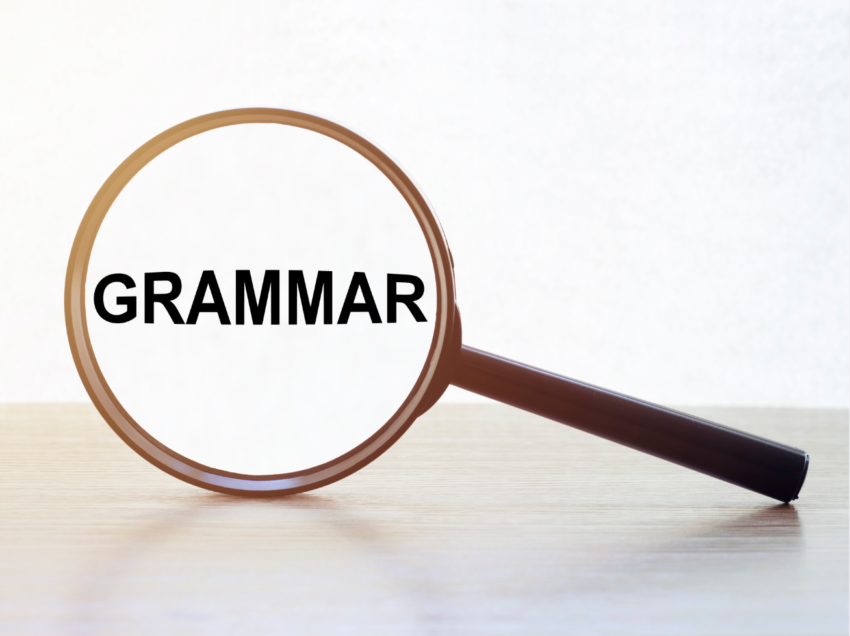Grammatical Errors That Make You Sound Unprofessional (And How to Fix Them)
Proper grammar is an essential aspect of effective communication, be it in professional or personal settings. Grammatical errors not only hinder your ability to convey your message clearly, but they also reflect negatively on your professionalism. In this article, we will explore some common grammatical errors that can make you sound unprofessional and provide tips on how to fix them.
Subject-Verb Agreement
One of the most common grammar mistakes is related to subject-verb agreement. This occurs when the subject (the person or thing performing the action) and verb (the action itself) do not match in number. For example:
– Incorrect: The team was preparing for the game.
– Correct: The team were preparing for the game.
The subject “team” is plural; hence, it should be followed by a plural verb “were” instead of the singular verb “was.”
Using Apostrophes
Apostrophes are often misused, leading to grammatical errors and a lack of professionalism. Two common mistakes include using apostrophes for plural nouns and incorrectly placing them in possessive pronouns.
– Incorrect: The student’s are eager to learn.
– Correct: The students are eager to learn.
In this case, “students” is a plural noun, so there is no need for an apostrophe. Avoid confusing plural forms with possessive ones.
– Incorrect: It’s color is vibrant.
– Correct: Its color is vibrant.
Many people mistakenly use an apostrophe in the possessive form of the pronoun “it”. However, “its” is the correct possessive form, without an apostrophe.
Improper Pronoun Usage
Using pronouns incorrectly can lead to confusion and unprofessional writing. Common mistakes include ambiguous pronoun references and incorrect pronoun cases.
– Incorrect: The manager scolded the employee, and she continued the work.
– Correct: The manager scolded the employee, and he continued the work.
In this example, “she” could refer either to the manager or the employee, making the sentence unclear. It is essential to use the correct pronoun that clearly indicates the intended subject.
– Incorrect: Me and my colleague finished the project.
– Correct: My colleague and I finished the project.
Using incorrect pronoun cases is also a common mistake. Use “I” when you are the subject of the sentence and “me” when you are the object.
Run-on Sentences
Another error that can make your writing appear unprofessional is the use of run-on sentences. Run-on sentences occur when two or more independent clauses are incorrectly joined without proper punctuation or conjunctions.
– Incorrect: I woke up late I missed the bus.
– Correct: I woke up late, so I missed the bus.
In the corrected version, a comma and coordinating conjunction “so” are used to connect the two independent clauses, creating a more coherent sentence.
Spelling Errors
Spelling errors are not only distracting but also reflect poorly on your professionalism. While spell-check tools are widely available, they are not foolproof. It is crucial to proofread your work to ensure accurate spelling.
– Incorrect: I am resrved for the meeting.
– Correct: I am reserved for the meeting.
Even a small spelling mistake can change the meaning of a word and undermine the credibility of your writing.
By paying attention to these common grammatical errors and implementing the suggested fixes, you can significantly improve your writing skills, sound more professional, and enhance your overall communication effectiveness.
Nidhin
For More Details Call: +917510220582

